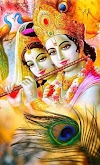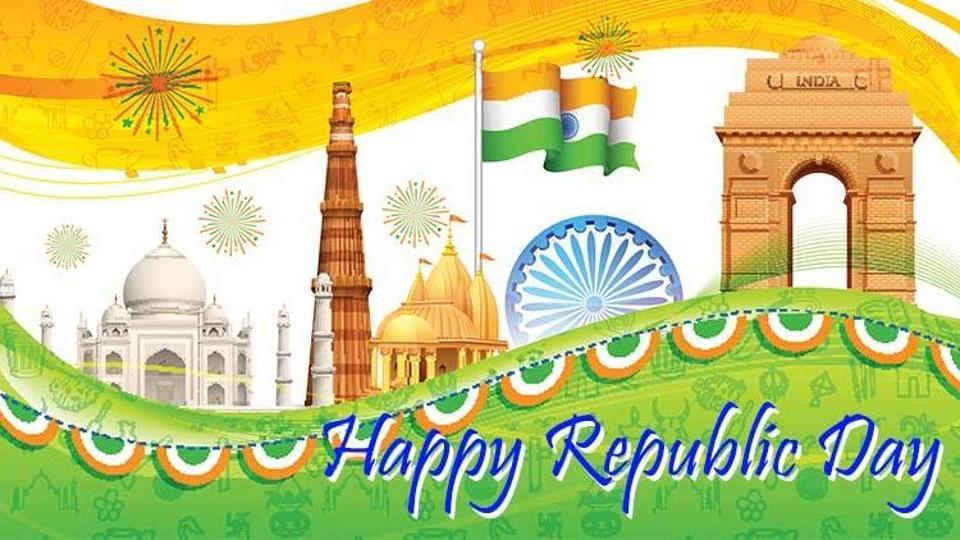Sardar Vallabhbhai Patel
Early life and background-
Sardar Vallabhbhai
Patel, commonly known as the Iron Man of India, was an Indian
independence nationalist and barrister who served as the first Deputy Prime
Minister and Home Minister of India from 1947 to 1950. He was a senior leader
of the Indian National Congress, who played a significant role in the country's
struggle for independence and its political integration.
Patel was born in Nadiad, Gujarat, in
1875. He was a successful lawyer, and he became one of Mahatma
Gandhi's earliest political lieutenants. He organized peasants from Kheda,
Borsad, and Bardoli in Gujarat in non-violent civil disobedience against the
British Raj, becoming one of the most influential leaders in Gujarat.
Fight for independence-
In 1928, Patel was elected President of
the Indian National Congress. He played a key role in the Salt March of 1930,
and he was imprisoned for his role in the Quit India Movement of 1942.
After India's independence in 1947,
Patel was appointed Home Minister. He was responsible for integrating the 565
princely states into the Indian Union. He used a combination of persuasion,
pressure, and force to achieve this goal, and he is credited with playing a
major role in the creation of a united India.
Patel died in 1950 at the age of 75. He
is considered one of the greatest leaders in Indian history, and he is
remembered for his commitment to national integration and his strong will.
Contributions to
India
Patel's contributions to India are
numerous and significant. He played a key role in the country's struggle for
independence, and he was instrumental in its political integration.
·
Sardar Patel was a key leader in the
Indian National Congress. He
helped to organize and lead the party during the independence movement, and he
was a close associate of Mahatma Gandhi.
·
Patel was a strong advocate of
non-violent civil disobedience. He led many successful campaigns of civil disobedience
against the British Raj, including the Salt March of 1930.
·
Patel was a key figure in the Quit
India Movement of 1942. He
was imprisoned for his role in the movement, but he continued to lead the fight
for independence from prison.
·
After India's independence, Patel was
appointed Home Minister. He
was responsible for integrating the 565 princely states into the Indian Union,
and he used a combination of persuasion, pressure, and force to achieve this
goal.
Legacy
Patel is considered one of the greatest
leaders in Indian history. He is remembered for his commitment to national
integration and his strong will.
Patel is often called the "Iron
Man of India" for his determination and strength. He was a tireless worker
who was always willing to fight for what he believed in. He was also a skilled
diplomat who was able to negotiate with the British and the princely states to
achieve his goals.
Patel's legacy is still felt today in
India. He is a symbol of national unity and strength, and he is an inspiration
to Indians all over the world.
Patel, however, was no revolutionary. In the crucial debate over
the objectives of the Indian National Congress during the years
1928 to 1931, Patel believed (like Gandhi and Motilal Nehru, but unlike Jawaharlal Nehru and Subhas Chandra Bose) that the goal of the Indian
National Congress should be dominion status within the British Commonwealth—not
independence. In contrast to Jawaharlal Nehru, who condoned violence in the struggle for
independence, Patel ruled out armed revolution, not on moral but practical
grounds. Patel held that it would be abortive and would entail severe
repression. Patel, like Gandhi, saw advantages in the future participation of a
free India in a British Commonwealth, provided that India was admitted as an
equal member. He emphasized the need to foster Indian self-reliance and
self-confidence, but, unlike Gandhi, he did not regard Hindu-Muslim unity as a
prerequisite for independence.
Patel disagreed with Jawaharlal Nehru on the need for
economic and social changes by coercion. A conservative rooted in traditional Hindu
values, Patel belittled the usefulness of adapting socialist ideas to the
Indian social and economic structure. He believed in free enterprise, thus
gaining the trust of conservative elements, and thereby collected the funds
that sustained the activities of the Indian National Congress.
Patel was the second candidate after Gandhi to the presidency of
the 1929 Lahore session of the Indian National Congress. Gandhi shunned the
presidency in an attempt to prevent the adoption of the resolution of
independence and exerted pressure on Patel to withdraw, mainly owing to Patel’s
uncompromising attitude toward the Muslims; Jawaharlal Nehru was elected. During
the 1930 Salt Satyagraha (prayer and fasting movement),
Patel served three months of imprisonment. In March 1931 Patel presided over the Karachi session
of the Indian National Congress. He was imprisoned in January 1932. Released in
July 1934, he marshalled the organization of the Congress Party in the 1937
elections and was the main contender for the 1937–38 Congress
presidency. Again, because of Gandhi’s pressure, Patel withdrew and Jawaharlal
Nehru was elected. Along with other Congress leaders, Patel was imprisoned in
October 1940, released in August 1941, and imprisoned once more from August
1942 until June 1945.
During the war, Patel rejected as impractical Gandhi’s
nonviolence in the face of the then-expected Japanese invasion of India. On the
transfer of power, Patel differed with Gandhi in realizing that the partition
of the subcontinent into Hindu India and Muslim Pakistan was
inevitable, and he asserted that it was in India’s interests to part with
Pakistan.
Patel was the leading candidate for the 1945–46 presidency of
the Indian National Congress, but Gandhi once again intervened in the election
of Nehru. As president of the Congress, Nehru was invited by the British
viceroy to form an interim government. Thus, in the normal
course of events, Patel would have been the first prime minister of India.
During the first three years of independence, Patel was deputy prime minister,
minister of home affairs, minister of information, and minister of states;
above all, his enduring fame rests on his achievement of the peaceful integration of the princely Indian states
into the Indian Union and the political unification of India.
















0 Comments
don't send any negative comment